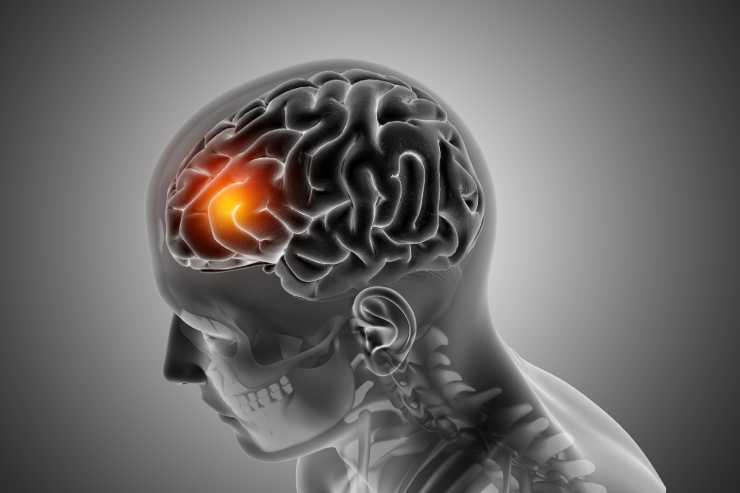Pituitary Gland Disorders

Pituitary gland disorders involve abnormalities in the pituitary gland, a small but crucial organ located at the base of the brain. This gland regulates various essential functions through hormone production, including growth, metabolism, and reproductive health. Disorders of the pituitary gland can affect multiple body systems due to the hormones it controls.
Common Pituitary Gland Disorders
Pituitary Adenomas
- Overview: Benign tumors of the pituitary gland that can affect hormone production and cause various symptoms.
- Symptoms: Headaches, vision problems, hormonal imbalances, and symptoms related to excess or deficiency of pituitary hormones.
- Management: Treatment may include surgery to remove the tumor, medications to control hormone levels, and radiation therapy if necessary.
Acromegaly
- Overview: A condition caused by excess growth hormone, usually due to a pituitary adenoma, leading to abnormal growth of bones and tissues.
- Symptoms: Enlarged hands and feet, facial changes, joint pain, and increased organ size.
- Management: Treatment options include surgery to remove the tumor, medications to reduce growth hormone levels, and radiation therapy.
Cushing’s Disease
- Overview: Caused by excess production of adrenocorticotropic hormone (ACTH) from the pituitary gland, leading to elevated cortisol levels and symptoms of Cushing’s syndrome.
- Symptoms: Weight gain, high blood pressure, thinning skin, and mood changes.
- Management: Treatment involves removing or reducing the tumor causing excess ACTH production, medications to control cortisol levels, and possibly radiation therapy.
Hypopituitarism
- Overview: A condition where the pituitary gland fails to produce sufficient amounts of one or more of its hormones.
- Symptoms: Fatigue, weight loss, infertility, and other symptoms depending on which hormones are deficient.
- Management: Hormone replacement therapy to address deficiencies, and treatment of any underlying causes.
Prolactinoma
- Overview: A type of pituitary adenoma that produces excessive amounts of prolactin, a hormone involved in lactation and reproductive functions.
- Symptoms: Unusual lactation, irregular menstrual cycles, infertility, and decreased libido.
- Management: Medications to lower prolactin levels, surgery to remove the tumor if necessary, and radiation therapy in some cases.
Pituitary Dwarfism
- Overview: A condition caused by insufficient production of growth hormone during childhood, resulting in significantly shorter stature.
- Symptoms: Short stature, delayed development, and potential delayed sexual maturity.
- Management: Growth hormone replacement therapy to promote normal growth and development.
Diabetes Insipidus
- Overview: A disorder caused by a deficiency of antidiuretic hormone (ADH) or a lack of response to it, leading to excessive thirst and urination.
- Symptoms: Frequent urination, excessive thirst, and dehydration.
- Management: Treatment may include synthetic ADH (desmopressin) and addressing any underlying causes.
Diagnosis and Management
Diagnosis: Pituitary gland disorders are diagnosed through a combination of medical history, physical examination, hormone level tests, imaging studies such as MRI or CT scans, and sometimes biopsy.
Management: Treatment varies based on the specific disorder and may include medication to manage hormone levels, surgery to remove tumors, radiation therapy, or hormone replacement therapy.
Lifestyle Considerations: Regular monitoring, adherence to treatment plans, and managing any symptoms are crucial for effective management of pituitary gland disorders.
